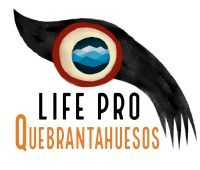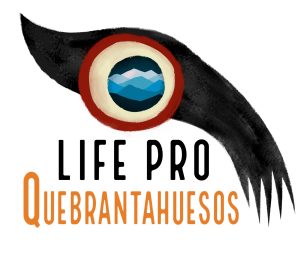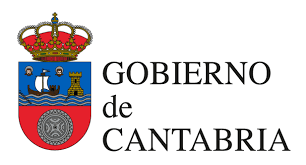We transported four young lammergeyers to the Sierra de Gredos

The objective is to continue to increase the number of bearded vultures to 20 individuals by 2027.
Within the framework of the European LIFE Pro Bearded Vulture project managed by the Foundation for the Conservation of the Bearded Vulture (FCQ). (FCQ), last June 19, four young bearded vultures were transferred to the Regional Park of Gredos (Ávila) from the National Park of Ordensa y Monte Perdido (Huesca) to reinforce the population of this endangered necrophagous bird in the mountain range of Ávila.
Julio’, ‘Martín’, ‘Matilde’ and ‘Esperanza’, have been received in Zapardiel de la Ribera (Ávila) where they have undergone a veterinary check-up as a preliminary step before being transferred to the platform-cage where they will remain for the next 30 days before being released in the Sierra de Gredos. At that time, these four bearded vultures will join the five that can already be seen in the skies of this region after their release in 2022 and 2023.
Four of the ten bearded vultures that the FCQ has bred in captivity this year have arrived in the Sierra de Gredos, which, according to the project director, Gerardo Báguena, is a “record” number. The other six will be transferred to Picos de Europa, where a reintroduction program is also being carried out, which, as in the case of Avila, aims to reach 50 specimens when the program concludes in 2027.
This reintroduction process developed by FCQ, as beneficiary of the LIFE project ‘Iberian Corridors for the Bearded Vulture’ (LIFE20/ES/NAT/001363), is co-funded by the European Commission, the regional governments of Aragón, Asturias, Castilla y León and Cantabria, as well as the Ministry for Ecological Transition and the Demographic Challenge and Endesa.






